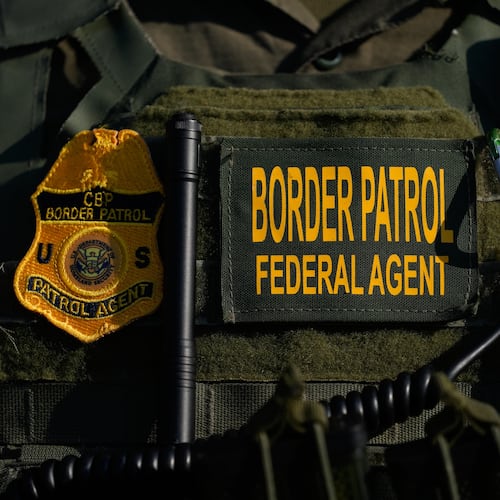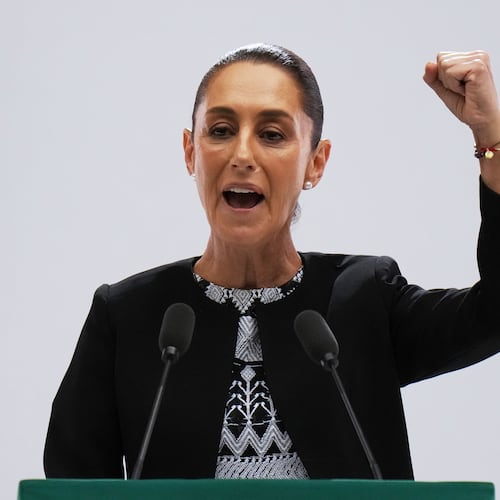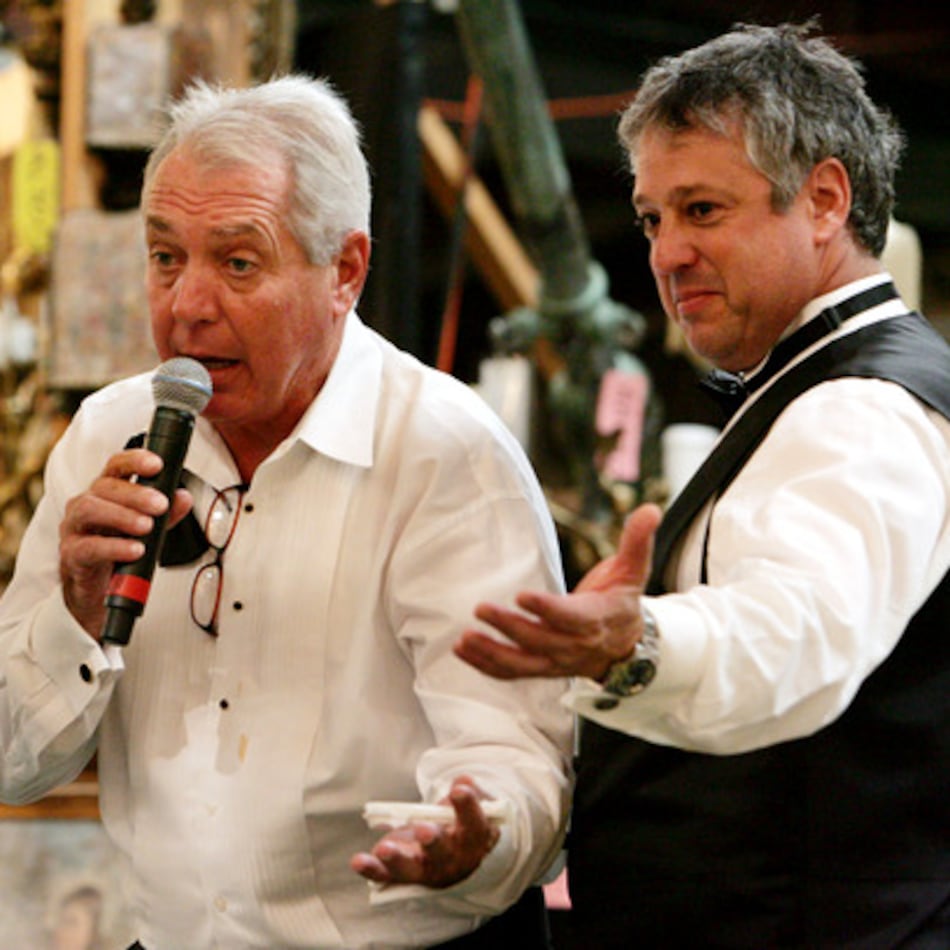NEW YORK (AP) — Writers in U.S. prisons will have a new path to getting their work seen through a website managed by PEN America that includes information on publishers, agents, journalists and other potential contacts.
PEN's Prison and Justice Writing Program on Tuesday announced the launch of the Incarcerated Writers Bureau, an initiative developed with support from the Andrew W. Mellon Foundation and designed to “make the literary community more inclusive of writers behind bars.”
“For too long, powerful storytellers in prison have been left out of publishing and writing opportunities due to the challenges of connecting with the wider world,” Clarisse Rosaz Shariyf, co-interim CEO of PEN and chief program officer of the free expression organization's Literary Programming, said in a statement.
The new resource has a mission to help those in prison navigate the “dance of limited access and burdensome logistics.” It facilitates getting in touch with industry professionals and allows publishers and other outlets to promote opportunities for writers. It also offers advice and background on how, and how much writers in prison should be paid, the ethics of working with incarcerated writers and the challenges involving those who lack access to a computer or typewriter.
Biographies, writing samples and contacts are included for 21 writers affiliated with PEN and/or its decades-old prison program. The writer-critic PM Dunne, the recipient of four PEN prison writing awards, noted the long history of human beings who “penned masterpieces while locked in cages,” and added: “We’re here to continue that good work, to enrich society on both sides of the wall.”
Keep Reading
The Latest
Featured


